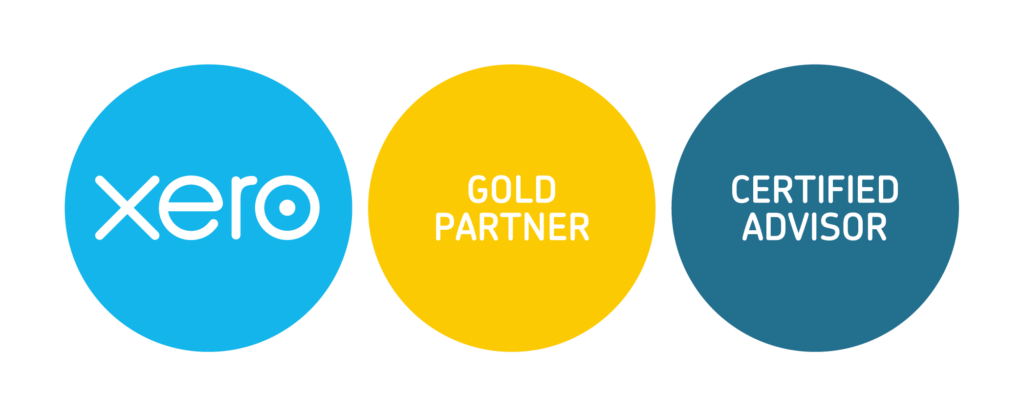CFO GROUP INTEGRATED SERVICES
What Is Payrolling Benefits and Why It Matters for Your Business
CFO Group • May 20, 2025
In today's fast-paced business landscape, companies in Singapore are constantly looking for ways to streamline operations and manage costs more effectively. One area with significant room for optimization is the management of employee compensation and statutory compliance.
These payroll benefits help simplify the administration of employee compensation and ensure compliance throughout the tax year.
This is where payrolling comes into play, a strategic solution that simplifies workforce management. But what is payrolling benefits, and how can it help your business? Let’s break it down.
What Is Payrolling? A Smarter Way to Payroll in Singapore
In Singapore, payrolling, often referred to as Employer of Record (EOR) services, involves outsourcing the administrative responsibilities of employee payments and compliance to a third-party provider. This includes payroll processing, CPF contributions, Skills Development Levy (SDL) submissions, and income tax reporting to IRAS.
Payrolling providers handle statutory compliance, issue payslips, calculate deductions, and ensure alignment with the Ministry of Manpower (MOM) regulations. Businesses, particularly those managing contract staff, foreign employees, or expanding into Singapore, use this service to focus on core growth while ensuring full compliance.
The payrolling of benefits in kind, such as health insurance or company cars, must be carefully managed to avoid incorrect income tax reporting in Singapore.
6 Payrolling Benefits That Make Business Easier
1. Avoid Fines by Staying Compliant with the Law
Employers must submit accurate payroll data to IRAS in real time, especially during the tax year when compliance checks increase. Singapore has strict employment laws governed by the MOM, IRAS, and CPF Board.
Staying updated on CPF rates, SDL contributions, and income tax reporting can be overwhelming. Payrolling providers ensure legal compliance, reducing the risk of fines, audits, and payroll errors.
2. Cut the Cost of Running Payroll In-House
The cost of payroll software and training can be high, so many companies outsource payroll to external employees through a trusted provider. Running in-house payroll requires hiring, training, software, and compliance, especially across multiple departments.
Outsourcing to a payrolling service eliminates the need for a dedicated payroll team and reduces technology costs, allowing businesses to scale efficiently.
3. Easily Add or Remove Staff When Needed
Need to hire 10 new staff for a short-term project or scale down after a seasonal peak? With payrolling, you can onboard or offboard employees quickly without additional paperwork. This is ideal for companies with contract, freelance, or project-based workers in Singapore.
4. Spend Less Time on Payroll, More Time Growing Your Business
By outsourcing back-end tasks like payroll processing, compliance reporting, and deduction calculations, your internal team can concentrate on high-impact areas like sales, marketing, and client delivery, fueling long-term business growth.
5. Use the Online Service That Handles Everything for You
The online service must support real-time submissions and complete payment submission formats recognized by IRAS. Payrolling partners in Singapore use advanced systems to automate CPF calculations, generate IRAS-compliant reports, and process electronic pay slips.
You gain access to tools and professionals who understand local employment nuances, ensuring peace of mind throughout the tax year.
6. Give Employees More Than Just a Paycheck
These employee benefits are often taxable, and the employer may need to report the cash equivalent of the benefit using proper formats. Many payrolling providers offer more than salary disbursement.
They help manage employee compensation holistically, handling CPF contributions, leave tracking, mandatory benefits, and even optional perks like health insurance, ensuring your workforce is well cared for.
What are the Payrolling Benefits Really Worth to Your Business?
If you're wondering about payrolling benefits, the answer is clear: it's a more innovative, more compliant, and scalable way to manage your workforce, especially in a regulatory-heavy country like Singapore.
Employers in Singapore must declare taxable employee benefits at the end of the tax year using Form IR8A and Appendix 8A/8B. Planning should ideally begin at the start of the tax year to ensure accurate tracking and reporting of all payroll benefits.
Accurate reporting helps avoid under-declaration issues and ensures proper tax filing for both the employer and the employee. This includes clearly stating the value of the benefits provided, such as housing, transport, or medical coverage, based on IRAS requirements.
These values will be used by IRAS to determine the employee’s final tax obligations for the year. Need help preparing for IRAS submissions? CFO Group can help.
Your Roadmap to Reduce Your Tax in Singapore
Understanding how to reduce income tax in Singapore is a smart financial strategy. Use this checklist of tax reliefs, rebates, and contributions to manage your personal income tax effectively.
If you’re unsure about any income tax rule or deduction, consult an expert. To reduce mistakes and unlock more tax relief you can legally claim, it's worth the effort.
By planning early and staying informed, you’ll have better control of your finances and pay only the tax in Singapore that you actually owe.
More than 97% of Businesses Trust the CFO Group to handle payroll in Singapore
Choosing the right payrolling partner isn’t just about outsourcing, it’s about peace of mind. At CFO Group, we don’t just process payments; we ensure your entire payroll and benefits system is aligned with Singapore’s latest CPF, IRAS, and MOM requirements.
Whether you’re a fast-growing SME or expanding regionally, our team helps you stay compliant, confident, and focused on scaling your business, not fixing payroll errors.










